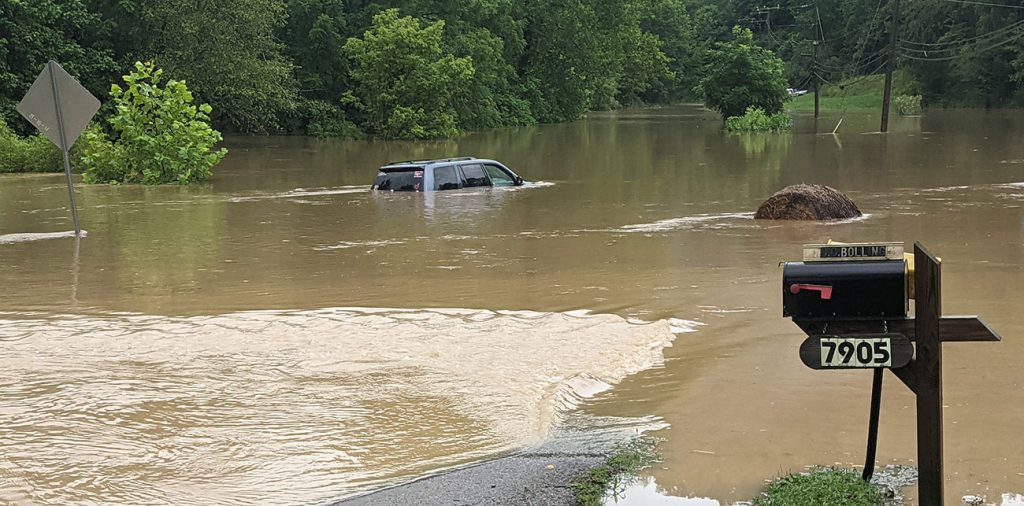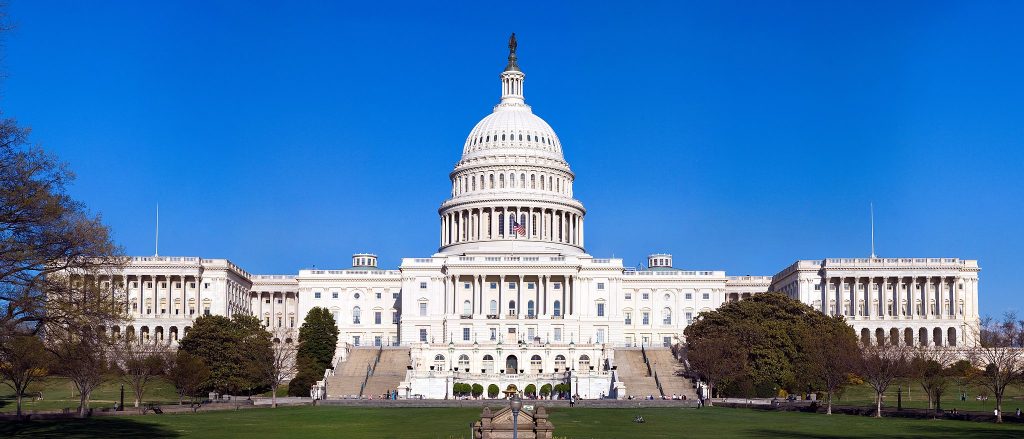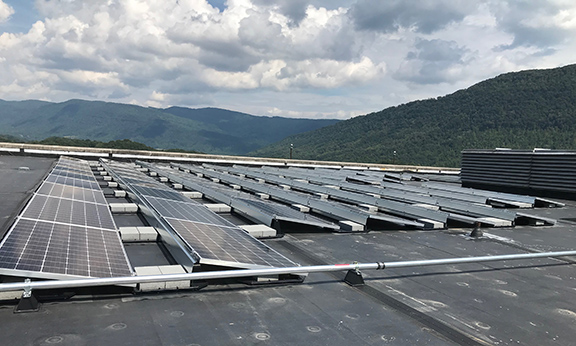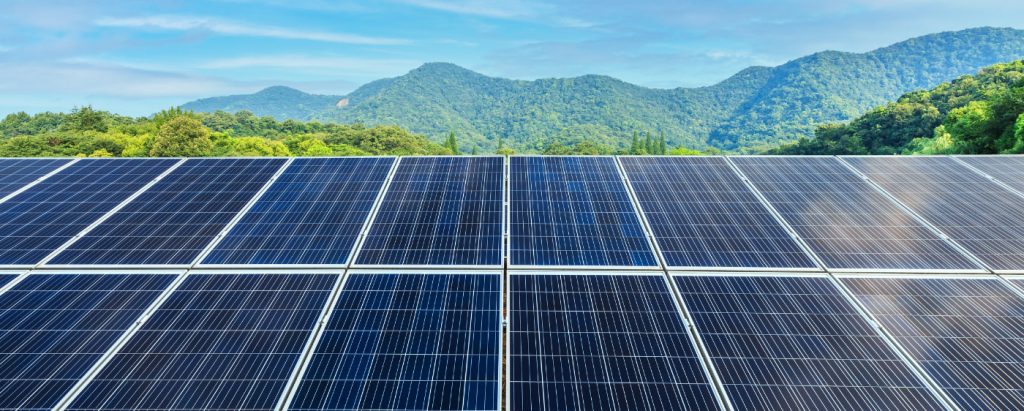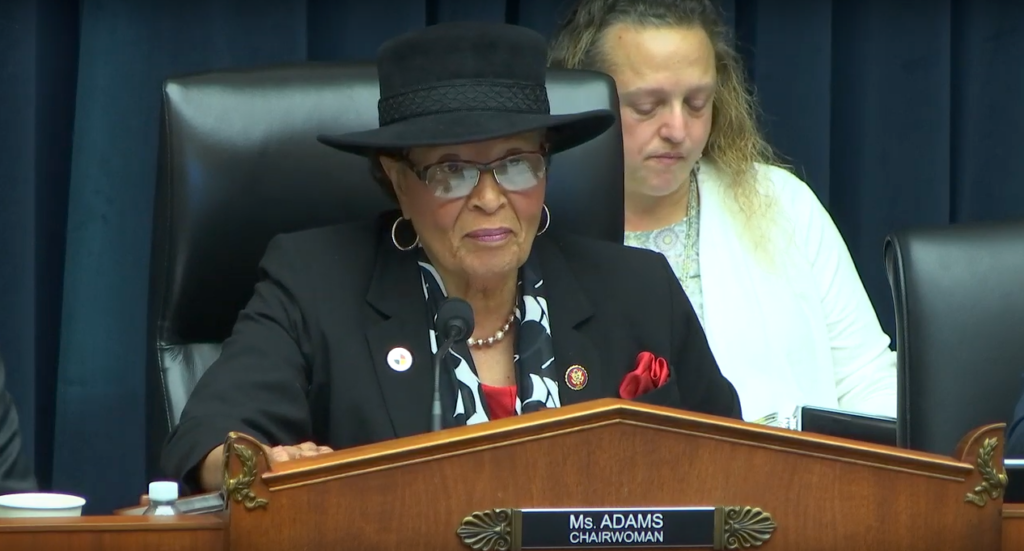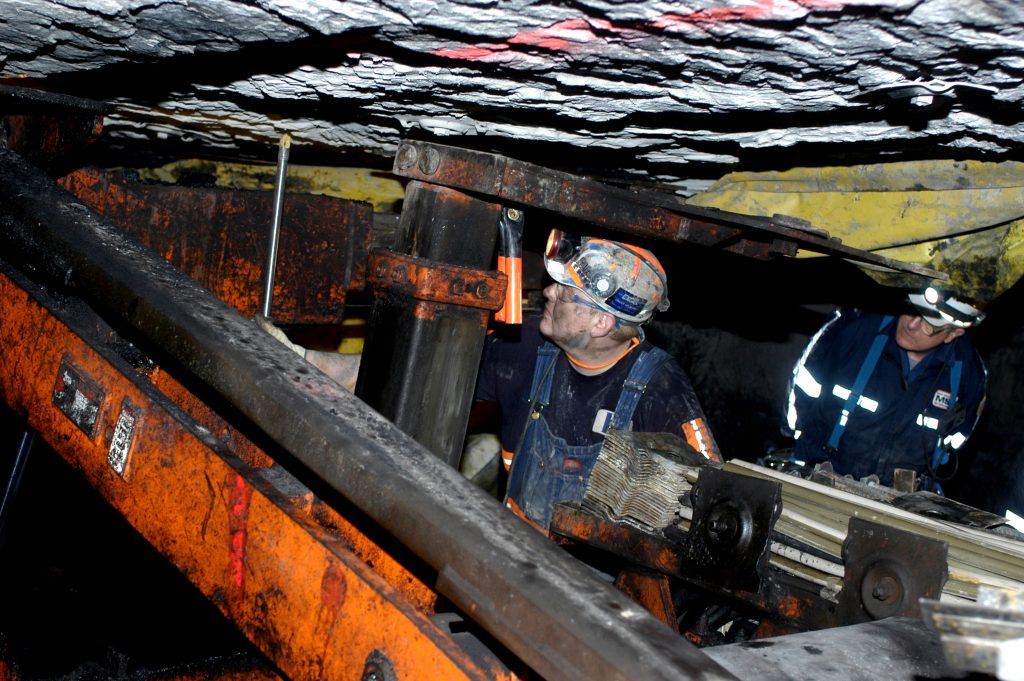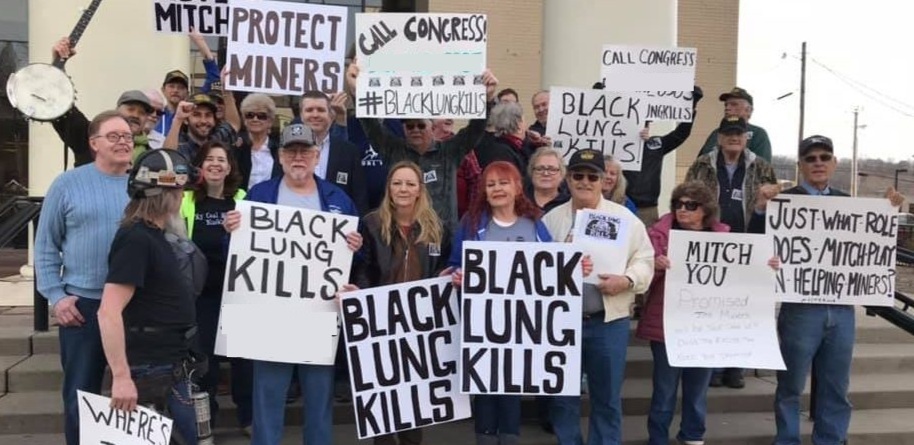Written by Guest Contributor
Guest Contributor
Welcome to our special feature where we invite guests to pull up a chair, sit a spell, and share their views on issues important to you.
Guest post: Working towards energy affordability in rural America
If you live in the United States, there is a one-in-eight chance that you own your electric utility.
Federal regulators shut down illegal WV coal haul road — Interior quietly reopens it at company’s request
In a whirlwind of conflicting decisions, the U.S. Department of the Interior has quietly allowed South Fork Coal Company to resume hauling coal through the Monongahela National Forest in West Virginia — just weeks after Biden administration regulators shut down the unlawful haul road.
Platform aims to improve resilience to flooding in Appalachia
Studies have shown what anyone in Appalachia can tell you — floods are getting worse in the region. As the climate changes, rainfall events in Appalachia will increase in frequency and intensity, and thus flood risk is also projected to increase.
ReImagining Your Community with the help of EPA’s Environmental and Justice Community Change Grants
The EPA’s Community Change Grants could be an opportunity to engage key community stakeholders in strategies to reduce greenhouse gas emissions, to promote climate resilience, and to simultaneously create good jobs for local residents. Check out the ReImagine Your Community resource page for resources to help guide community visioning and project development.
Guest post: Apply for a bonus 10 to 20% credit for solar project funding
Low-income communities across Appalachia can apply for a bonus 10 to 20% tax credit available to eligible solar projects. There’s a limited priority application window for this tax credit, which can be stacked on top of other solar incentives!
Appalachian success stories from climate infrastructure funding
In November 2021, President Biden signed the Infrastructure Investment and Jobs Act, commonly known as the bipartisan infrastructure law, followed by other landmark legislation that, together, unlocked a wealth of federal climate infrastructure funding.
Appalachia receives major benefits from federal Inflation Reduction Act to power solar projects
Going solar has become more accessible and affordable for nonprofit organizations, businesses, and local governments in Appalachia. Communities near a recently closed coal mine or coal-fired power plant directly benefit from significant federal funding flowing into the region.
Gaming the system — Part III
In 2021, the Government Accountability Office found big problems with the Labor Department’s current rules because they do not require sufficient collateral to cover both current and future black lung liabilities.
Gaming the system — Part II
Congress stated clearly that coal operators, instead of taxpayers, would shoulder the cost of black lung when it set up the Black Lung Trust Fund. The trust fund was intended to be a backstop for miners rather than a means for coal operators to underinsure their liabilities.
Gaming the system — Part I
At its core, this is the age-old story of corporate greed whereby rapacious mine operators, who have subjected generations of miners to disabling and fatal black lung disease, managed to transfer their responsibility to pay black lung benefits to suffering coal miners from their corporate coffers to the taxpayer’s pockets.



